The relationship between Volkswagen and Porsche is complex, rooted in a long history of familial ties, strategic acquisitions, and corporate maneuvers. This piece delves into the intricate ownership dynamics between these two automotive giants, highlighting the historical context and recent developments that shape their interconnected paths.
Historical Background
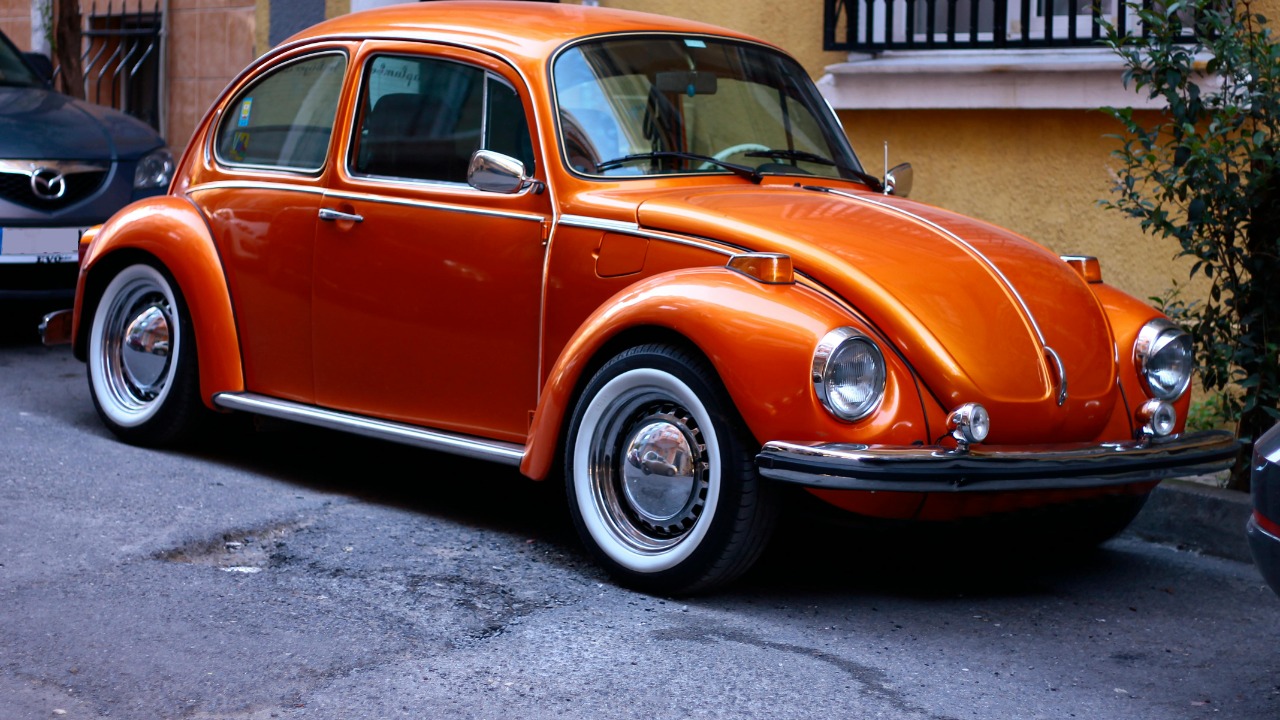
The origins of both Volkswagen and Porsche are deeply intertwined with the histories of the Porsche and Piëch families. Ferdinand Porsche, the progenitor of the Porsche family, was instrumental in the creation of the Volkswagen Beetle, a project that laid the groundwork for Volkswagen’s establishment. Over the decades, the two families have maintained significant influence over both companies, guiding their strategic directions and fostering a uniquely interlinked corporate history.
The “Volkswagen Law” has played a pivotal role in shaping the governance and ownership structures within Volkswagen. This unique legal framework, established in the 1960s, was designed to prevent hostile takeovers and ensure state influence over Volkswagen. The law has been a subject of contention, especially within the European Union, due to its protective measures that grant the state of Lower Saxony a significant voice in corporate decisions. More about this unique structure can be found in this Reuters article.
Early collaborations and rivalries marked the formative years of both companies. Initial partnerships were followed by competitive tensions as each sought to establish itself as a leader in the automotive industry. These dynamics set the stage for the financial entanglements that would later define their relationship.
The Acquisition Saga
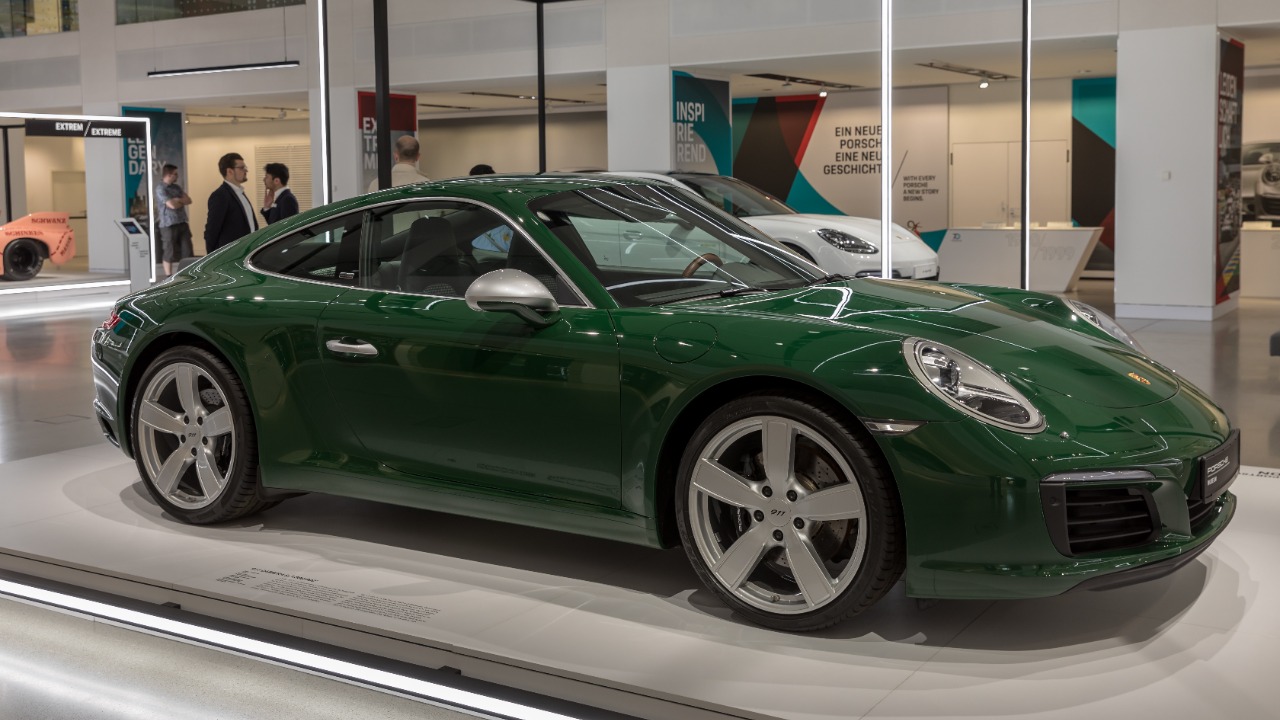
The saga of Porsche’s attempted takeover of Volkswagen in 2005 remains one of the most dramatic episodes in automotive history. Porsche, under the leadership of then-CEO Wendelin Wiedeking, sought to gain control of Volkswagen by methodically increasing its stake in the company. This move sparked a fierce battle for control, with Porsche employing complex financial instruments to consolidate its position.
The 2008 financial crisis, however, dealt a severe blow to Porsche’s ambitions. The economic downturn exposed the risks of Porsche’s heavily leveraged position, ultimately leading to a reversal of roles where Volkswagen gained the upper hand. The resolution came in the form of a strategic integration, culminating in Volkswagen’s formal takeover of Porsche in 2012, a maneuver that effectively reshaped the corporate landscape of both entities. For a deeper dive into this complicated relationship, visit SlashGear.
Corporate Structure and Ownership Today
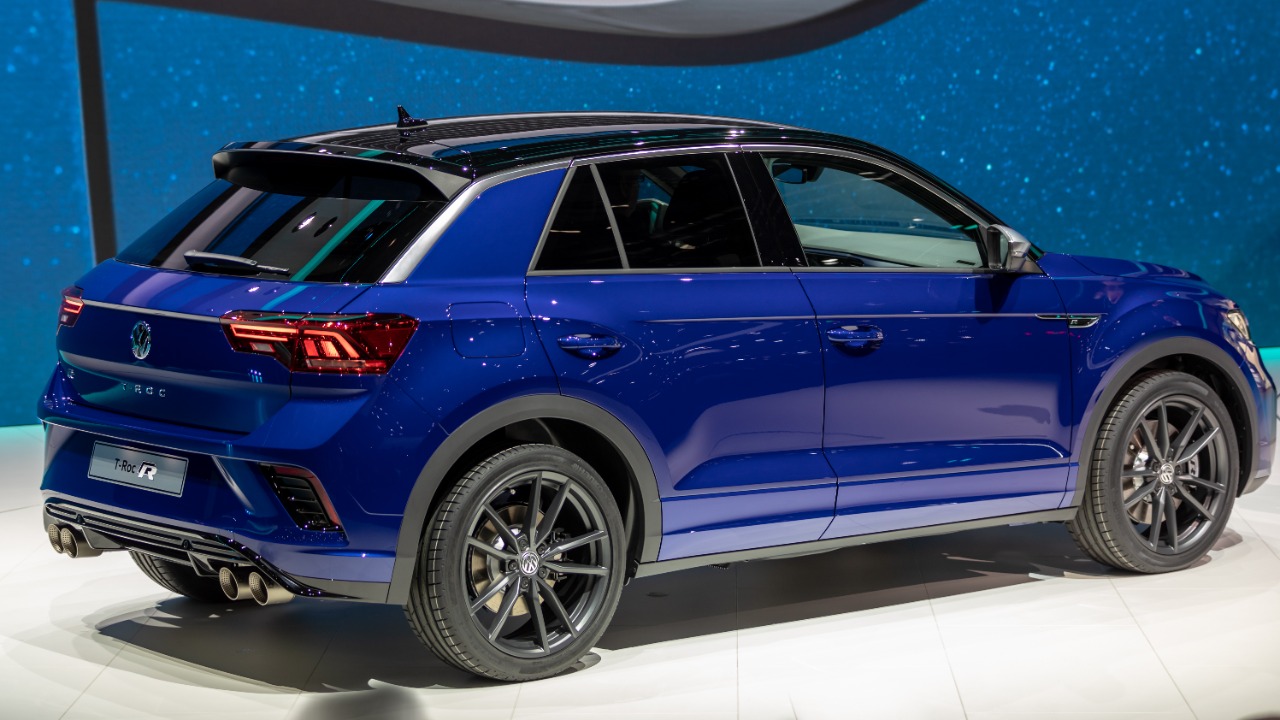
Today, the ownership structure between Volkswagen AG and Porsche Automobil Holding SE is a testament to the complex web of control and influence that has evolved over the years. Volkswagen AG holds a dominant position over various brands, including Porsche. Meanwhile, Porsche SE operates as a holding company, wielding significant influence over both Volkswagen and Porsche brands. The current ownership dynamics are intricately detailed in Global Finance.
The governance structure of these companies reflects the enduring influence of the Porsche and Piëch families. Board compositions are carefully curated to ensure that familial interests are preserved, maintaining a delicate balance between corporate governance and family legacy. This familial influence remains a defining characteristic of both companies’ decision-making processes.
Strategic and Market Implications
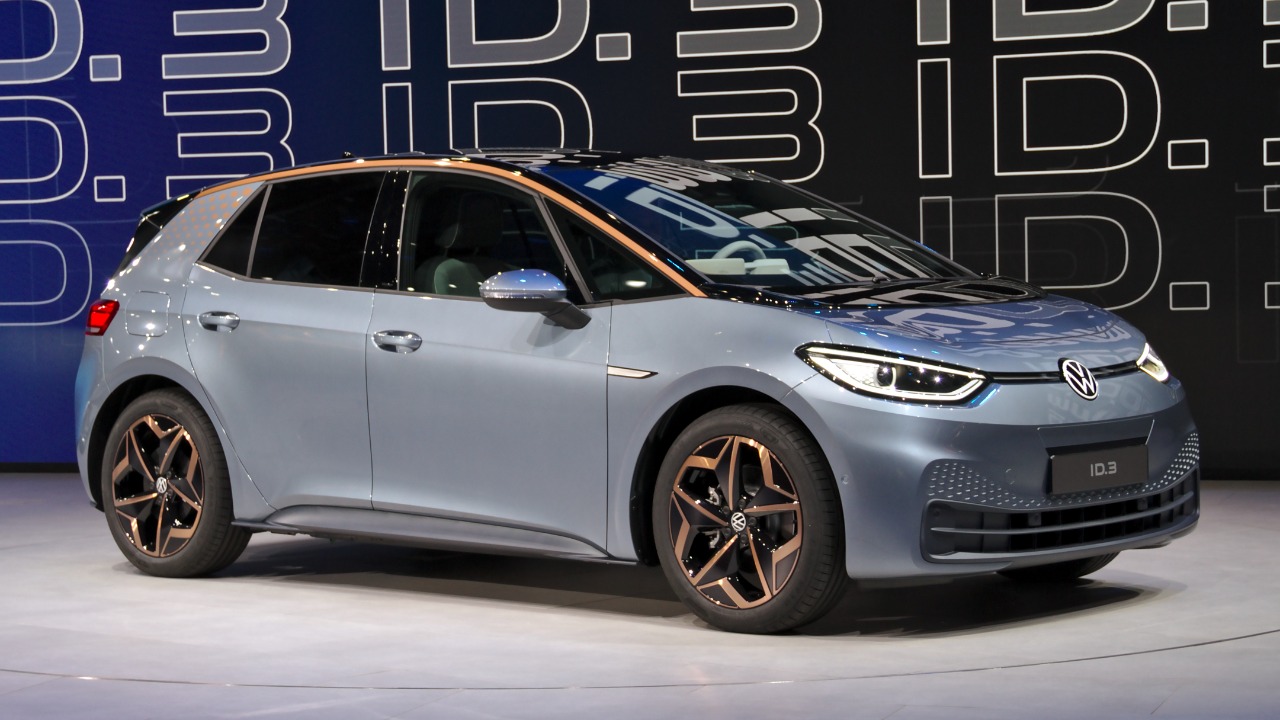
Under the Volkswagen Group umbrella, both Volkswagen and Porsche have managed to maintain distinct brand identities and market positions. Volkswagen caters to a broad consumer base, offering a wide range of vehicles, while Porsche positions itself as a luxury sports car manufacturer. This differentiation allows each brand to capitalize on its strengths and target specific market segments.
Synergies within the group offer both benefits and challenges. Shared technologies and platforms enable cost efficiencies and innovation, yet they also require careful management to avoid brand dilution. The intertwined relationship between Volkswagen and Porsche enhances their competitive positioning in the global automotive industry, enabling them to strategically leverage shared resources while maintaining their unique brand appeals.
Recent Developments and Future Prospects
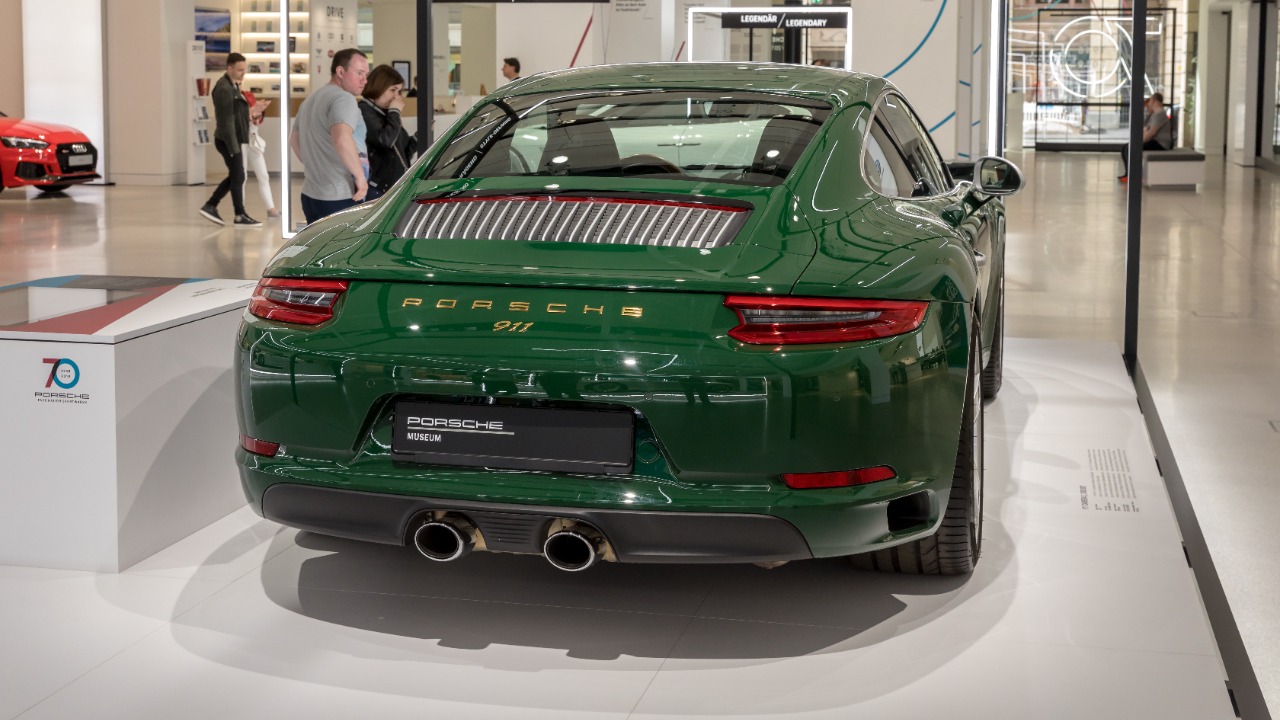
The 2022 initial public offering (IPO) of Porsche marked a significant milestone in its corporate journey. This move not only impacted the ownership dynamics but also underscored Porsche’s ambitions to secure its financial future and enhance its market presence. The details of this IPO and its implications are further explored in Global Finance.
As both Volkswagen and Porsche navigate the shift towards electric mobility, they are investing heavily in sustainable practices and electric vehicle technologies. These efforts aim to position them as leaders in the evolving automotive landscape, ready to meet the demands of a greener future. The potential for future shifts in ownership remains, as industry trends and strategic decisions continue to shape the dynamics between these two automotive giants.
Cultural and Economic Impact
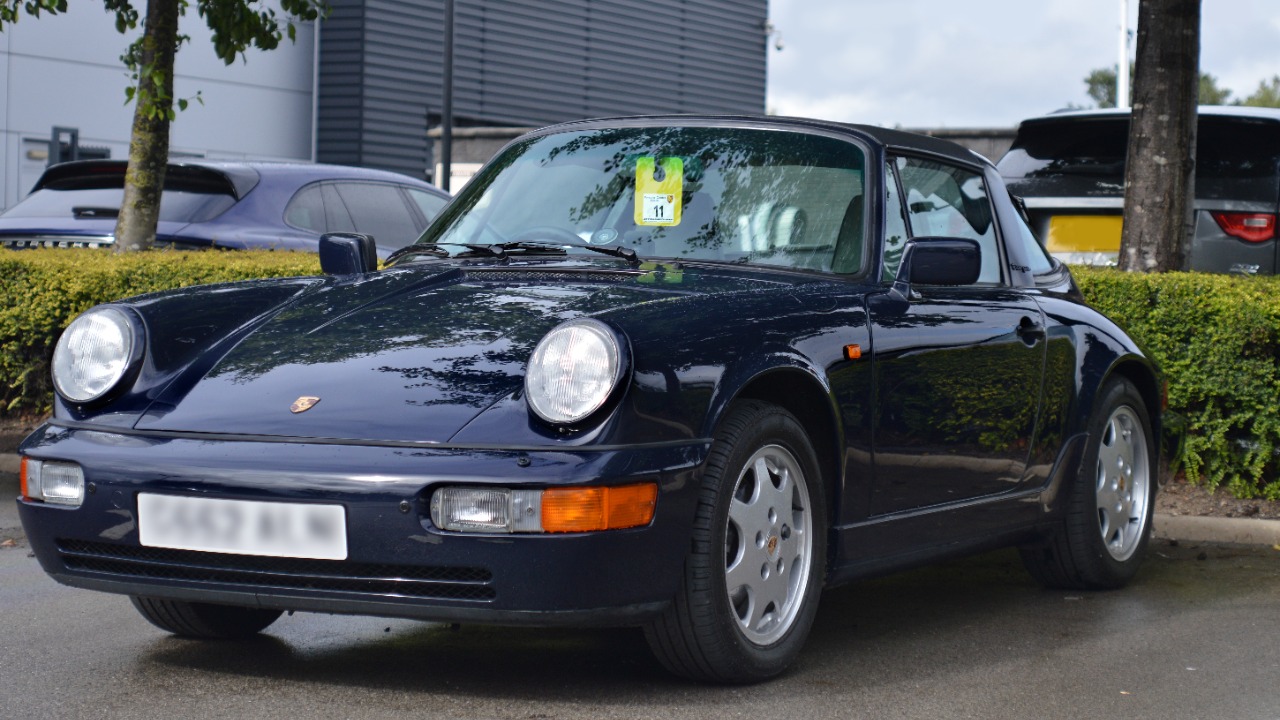
The Volkswagen-Porsche relationship exerts a considerable influence on Germany’s economic landscape, affecting everything from employment levels to technological advancements. As major players in the German automotive industry, their operations have far-reaching implications for the national economy and labor market.
On a cultural level, both Volkswagen and Porsche hold iconic status in Germany and worldwide. They embody the engineering prowess and innovation that the German automotive industry is renowned for. Additionally, both companies are committed to corporate social responsibility, promoting sustainability and ethical practices in their operations, thus contributing to a more sustainable future for the industry.